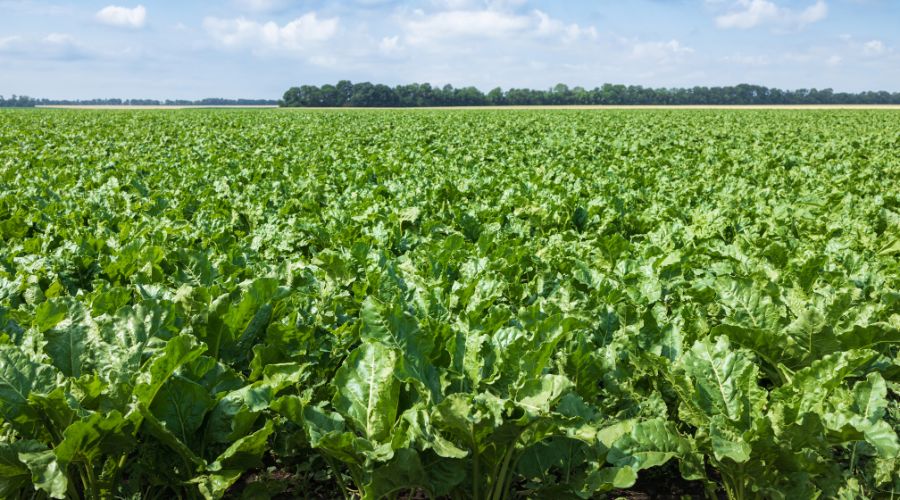Cruiser SB denied emergency authorisation for 2025
23rd January 2025
The government has confirmed that it will not grant emergency authorisation for Cruiser SB this year.

An emergency application for the use of Cruiser SB on sugar beet seed in England will not be granted, the government has confirmed today (23rd January).
This is the first time in five years that an emergency authorisation of Cruiser SB – which contains the neonicotinoid thiamethoxam – has not been approved for use.
In December, Defra vowed to end the emergency use of neonics for sugar beet – but the application for emergency use in 2025 had to be considered under existing laws.
Environment minister Emma Hardy said: “We recognise the threat that virus yellows can pose to sugar beet growers, and we will continue to support industry to develop alternatives to neonicotinoids on sugar beet that are effective at high levels of yellows virus infection.”
Defra said the decision is based on robust assessments of environmental, health and economic risks and benefits, and advice from its chief scientific adviser, its economists, the Health and Safety Executive and the UK Expert Committee on Pesticides.
“Disappointed”
Responding to the news, British Sugar agriculture director Dan Green said:
“We are disappointed that Defra has rejected our joint application for limited and controlled emergency use of a neonicotinoid seed treatment to protect the UK sugar beet crop from virus yellows disease in 2025.”
READ MORE: NFU Sugar explains reasons behind sugar price fall
READ MORE: 2024/25 campaign marks exceptional period with over 5mt of beet already sliced
Mr Green also pointed out that the government’s decision leaves the UK in conflict with its own trade policy.
“There is continued tariff free access to the UK market for sugar which has been grown with neonicotinoid plant protection products, undermining our homegrown industry and British sugar beet growers.
“We will be raising this in our response to the current review into the Autonomous Tariff Quota (ATQ) and future free trade deals.”
Highest priority research area
Going forward, Mr Green assured growers that virus yellows (VY) control remains the highest priority research area in the UK beet sector, through British Sugar’s long-standing work on the Virus Yellows Pathway.
This includes working with plant breeders to improve natural resistance in the crop, on-farm techniques and grower practices, and research into gene editing, he explained.
Several trials of integrated pest management are showing promise and British Sugar’s project, in collaboration with agricultural biotechnology company Tropic, to explore how gene editing can be used in sugar beet to target virus yellows, is progressing well.
“As an industry, we have written to Defra seeking immediate support in the form of a virus yellows resilience package to mitigate any threat posed by a high virus yellows year for this crop and help us move at pace on some of the workstreams and trials in our VY pathway,” he added.
Read more sugar beet news.



